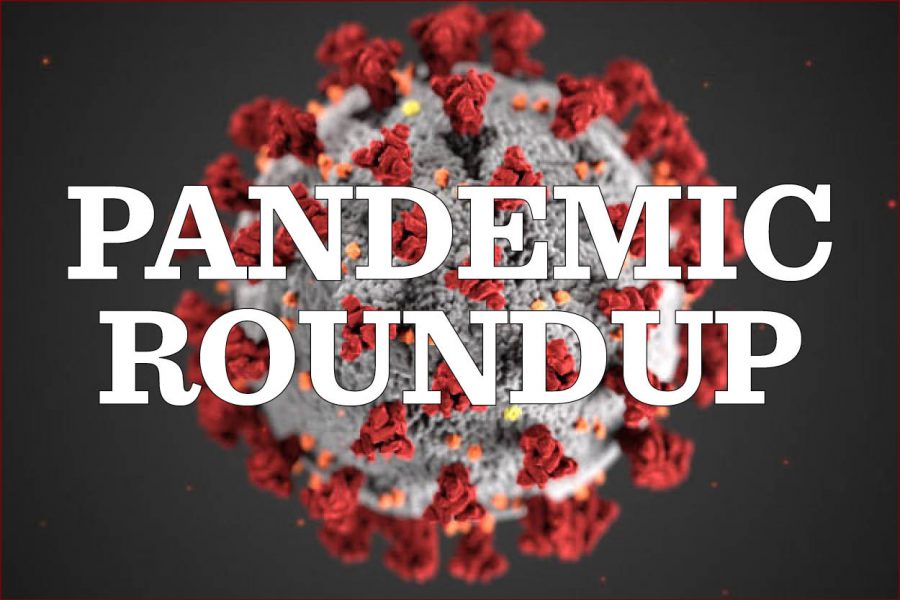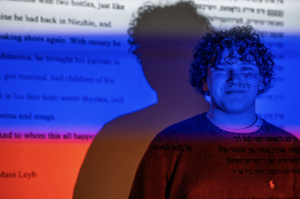Pandemic roundup: Schoology down, counselors and COVID-19 protocol
Midway Staff
Obama’s commencement speech and changes to the food delivery industry are covered in May 14’s roundup.
March 30, 2020
The Midway is providing periodic updates regarding the COVID-19 pandemic and its impact on U-High students, faculty and others in the community.
Lab’s Schoology page down at start of first day of remote learning
The Laboratory Schools Schoology page, along with the pages of many other schools, were down for students and teachers from 9:27 to 10:32 a.m. By noon the site was loading normally for some time but still intermittently go down.
“We’ll likely see some of this as platforms adjust to higher than normal traffic,” Brian Hewlitt, Lab’s director of innovation and technology, said.
Schoology is providing updates as residual issues with the site solve themselves throughout the day.
Counselors available through remote learning era
U-High learning, school and college counselors will be available virtually through Google Hangouts for students according to a Schoology post by U-High’s learning coordinator Lesley Scott.
Students can schedule meetings by emailing their counselors directly or through the Google Calendar links, limited to 20-minute sessions for a school counselor, posted on Schoology.
Web resources for standardized test preparation were also included in the post.
What to do if you suspect that you or a loved one has COVID-19
With over 2,000 cases of COVID-19 in Chicago as of March 29, it becomes continually more important that all Chicagoans know what to do in case they, or a family member, are suspected of having the virus.*+
To decrease the rate of infection, the Centers for Disease Control and Infection has issued guidelines for those who believe they may have the coronavirus.
The CDC asks that people stay isolated, even from others in their own home, and contact their doctor by phone and not go to the emergency room or pharmacy in person and risk infecting others.
Many of the other recommended steps are the same as the preventative ones — wash your hands often, wear a mask and clean frequently touched surfaces. In addition, you should monitor your symptoms with the advice of your doctor.
Many patients will only have mild symptoms and won’t need to go to the doctor. However if you or a loved one have severe symptoms — trouble breathing, chest pains, bluish face and lips — call 911.
The CDC website has complete guides on how to take care of yourself or a loved one suspected of having COVID-19.































































